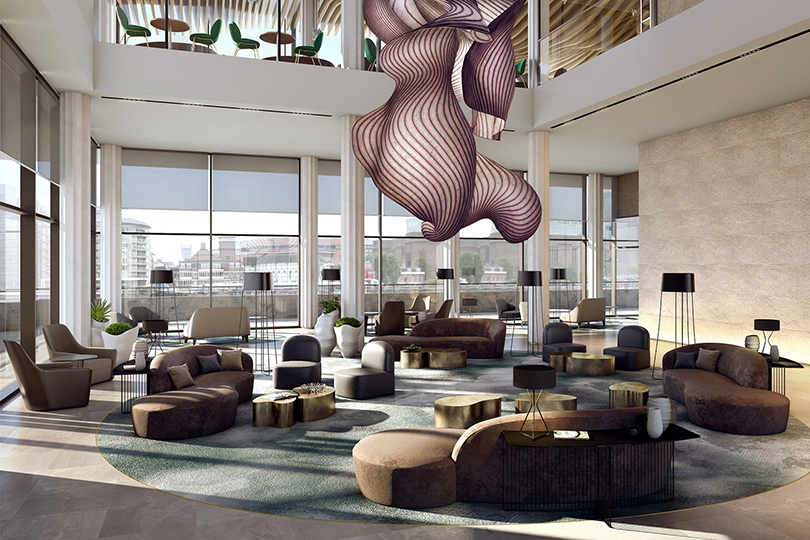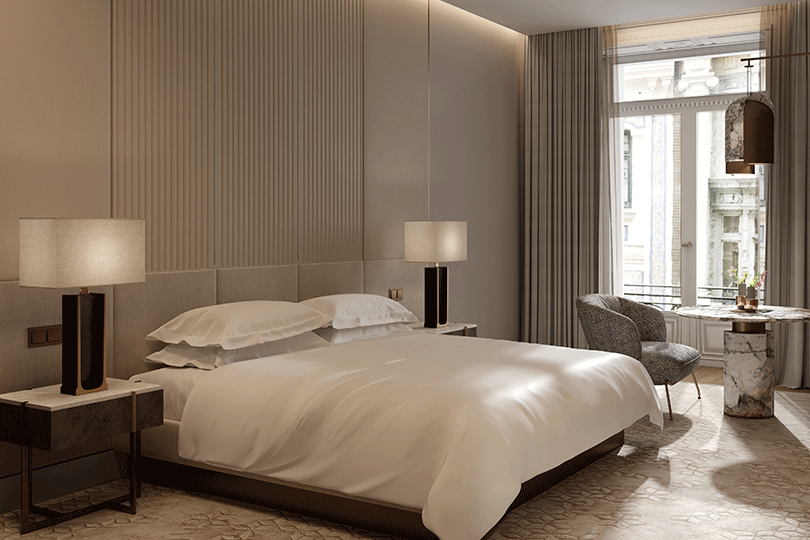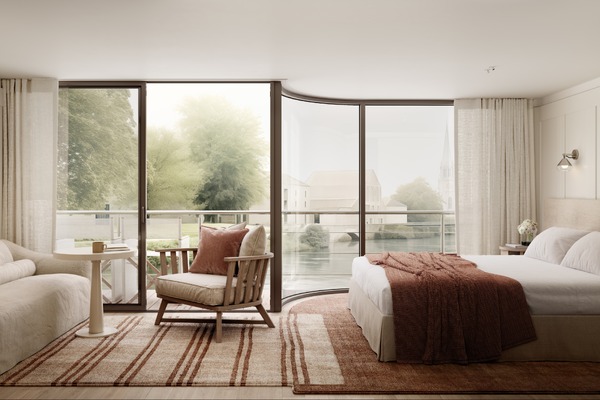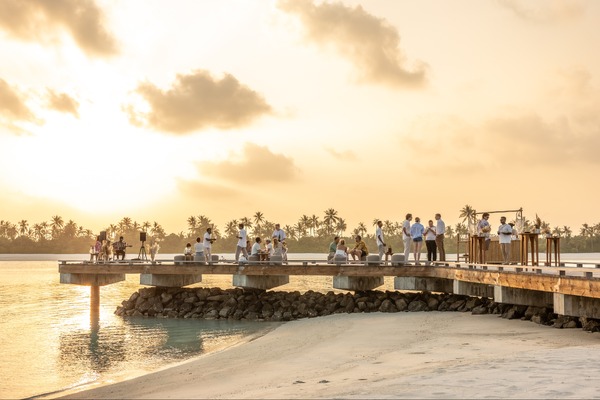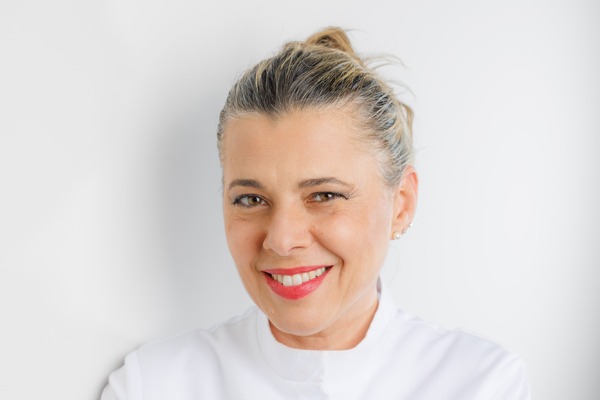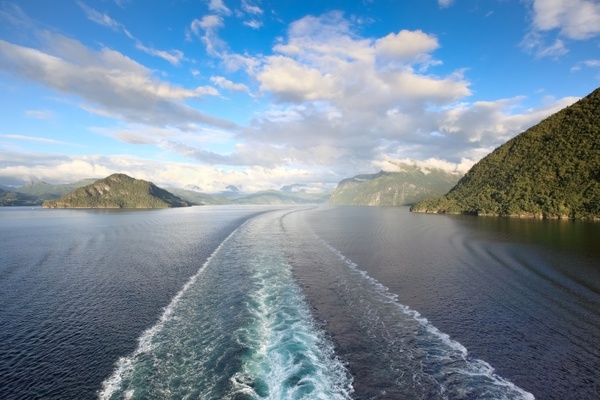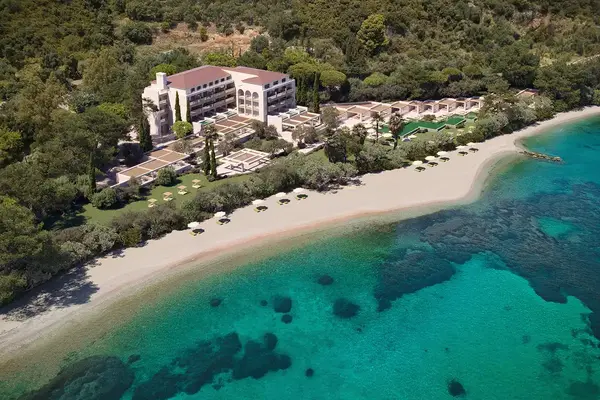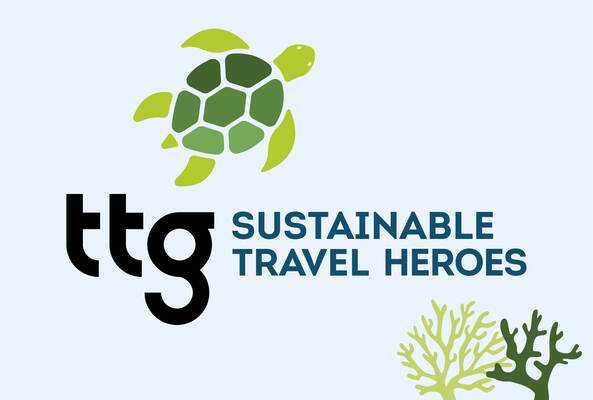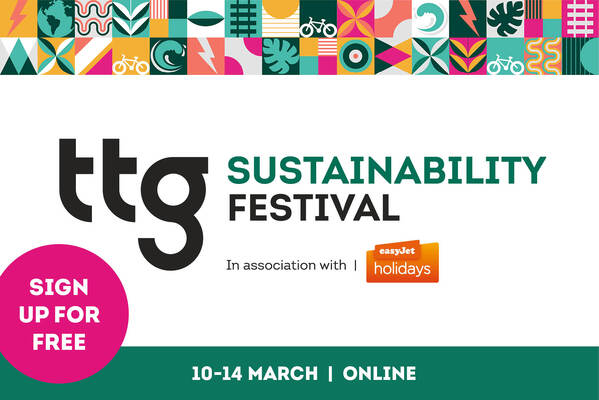Marriott International sets out hopes for 'renaissance of travel'
Marriott International is expecting a new “renaissance of travel”, saying that despite the challenges of the pandemic, pent-up demand and development continue at pace, leading to many causes for optimism for the sector.
Despite the pandemic, in 2020, Marriott signed 13,500 new rooms and opened 15 hotels, including Al Wathba, a Luxury Collection Desert Resort & Spa in Abu Dhabi and had added Domes Zeen Chania in Crete to its Luxury Collection portfolio.
“It’s absolutely clear we are entering a new renaissance of travel and we’re really excited about the future,” said Satya Anand, president EMEA, Marriott International. “Despite the challenges over the past 12 months, we have continued to focus on growth.”
The group has also already opened 20 hotels worldwide this year, including St. Regis Cairo, with many still to come including The Westin London City, the first for the brand in the UK, on the Thames and opposite Shakespeare’s Globe theatre and the Tate Modern.
Along with 222 rooms this summer, the hotel will have a strong wellbeing focus relevant for post-Covid travel, such as a running concierge, sizeable Heavenly Spa, Heavenly Beds in all rooms and revival of the Heavenly Bath experience.
In the EMEA region alone, other upcoming openings this year include Matild Palace, A Luxury Collection Hotel Budapest; W Rome; W Algarve; Marriott Resort Palm Jumeirah Dubai; St. Regis Dubai, The Palm; Ritz-Carlton Amman; and Hotel Riomar, a Tribute Portfolio Hotel in Santa Eulalia in Ibiza, where W Ibiza also opened last year.
The group has also just announced the signing of JW Marriott Madrid, the first for that brand in Spain, and due to open in 2022.
Anand added there was also a lot of growth within Marriott’s “collection brands” with independent hotels looking to plug into Marriott’s networks, such as Luxury Collection and Autograph Collection, which will be added to with Marmorosch Bucharest, Autograph Collection opening in a former bank with Art Deco interiors next month.
“Adaptability and innovation is key to the future of our business and we are optimistic the recovery is coming,” said Anand. “We do know there is much pent-up demand – we clearly saw evidence of this from the UK, where our hotel booking activity surged by 163% in the following 24 hours after Boris Johnson released the roadmap, for example. Spikes in booking patterns we see when a travel ban is lifted also clearly shows there is demand out there.”
“We saw this for example with the Canary Islands – when corridors opened last October, we saw an increase in 161% on booked room nights on the previous month, and we saw something similar earlier this year in Dubai, when Heathrow-Dubai was the busiest international air route in the world in the first two months of January, and our Dubai occupancy was 70%. It’s absolutely clear we have every reason to be optimistic.”
Other highlights during the pandemic in the EMEA region had included 90% occupancy for The Bodrum Edition last August.
Anand said Marriott had been working tirelessly to do all it could to reassure guests, adding the Marriott Global Cleanliness Council “had continued to innovate” and worked hard to ensure confidence via a range of protocols.
This was being matched with a move towards more use of mobile technology to ensure contactless experiences, Anand said.
“Recent research by Accenture shows 60% of travellers expect to check in from a mobile app, and in response to these trends, we are reimagining all aspects of the customer journey with mobile check-in and check-out available via the Marriott Bonvoy app for example,” said Anand. “We have been rolling out Mobile Key too, with around half of our hotels in the EMEA region currently using that and many more preparing to follow.”
Speaking at a virtual press briefing alongside Anand, Jenni Benzaquen, SVP and managing director, Design Hotels and EMEA brand portfolio at Marriott International, said: “If anything, the pandemic has shown us there is this continued resilience of the luxury consumer. Last summer we saw a marked increase in the numbers wanting to get out and travel, but many were looking particularly for bespoke holidays with a much more private approach.”
“Last year those who had the disposable income and wanted to travel were finding ways to do so, in a safe way, such as travel bubbles with friends and family, taking private jet use, staying on private islands and or renting out the entire hotel,” she added. “There is more opportunity to see that develop and I’m excited to see where this goes.”
She said Marriott would release another range of bespoke roadtrip itineraries with Quintessentially in May, following a successful debut of a series of trips last year focused on family, art and exploration.
Benzaquen added that as a result of the pandemic, hotels in themselves were once again becoming the destination, following a previous period of hotels being more of a gateway to a location. “Guests are expecting immersive experiences to take place at the hotel, and our hotels are tapping into this trend,” she said, citing the Ritz-Carlton Vienna’s launch of the Albertina Suite, where five masterpieces are displayed in partnership with the Albertina Museum.
“At the new Matild Palace, A Luxury Collection Hotel in Budapest, we are partnering with Wolfgang Puck who will lead all dining experiences at the hotel, including the latest outpost of his Spago restaurant,” added Benzaquen.
Privacy is also more sought after than before, which Anand said was “no surprise” after the past year, citing the ongoing growth of Homes & Villas by Marriott, which has continued to take on many “handpicked and vetted” home rental properties during the pandemic.
“The pandemic has shown us there is this continued resilience of the luxury consumer.”
It now lists more than 28,000 homes in 250 destinations and provided the kinds of private, spacious travel options people were increasingly looking for, with properties also launching in Austria and Germany this summer.
Benzaquen said the trend among luxury travellers seeking higher degrees of privacy was a rapid one globally.
“It is also possible to take over some of our hotels exclusively, from JW Marriott Venice Resort and Spa to the Ritz-Carlton Hotel De La Paix in Geneva to enjoy all to yourselves,” she said. “Space is also important across our luxury portfolio, with W Rome opening in September with one of the largest Extreme-Wow Suites the brand has ever created, including its own DJ area. The new Villa Club experience at Ritz-Carlton Abama also plays well for these new trends.”
Other trends included longer stays, with Marriott brands such as Residence Inn able to tap into the lean towards more flexible working practices and the “bleisure” growth that has been occurring and will likely continue to grow as destinations open up.
“There is an accelerated bleisure extension now, with the evolving workcation trend, as people look increasingly at relocation and at flexible working and taking the family with them,” said Benzaquen. “That kind of freedom is now more appealing than ever and our Residence Inn brand is perfect for that, offering modern upscale residential spaces, with suites that offer separate sleep, eat and work spaces to create a home-away-from-home experience. We will open 20 Residence Inn properties in EMEA within two years.”
Benzaquen took on the role of heading up Design Hotels this year following Marriott International’s full acquisition of the brand, and said she would be leading it at a time when the brand’s “vision and mission could not be more relevant, standing at the forefront of the purposeful travel movement”.
New Design Hotel additions for this year include Concepcio by Nobis, the first outside of Scandinavia for the brand, and opening in June in Palma in Majorca.
Anand also assured that in the face of the pandemic, Marriott International remains committed to its long-term sustainability and CSR objectives such as community outreach, most recently having taken in Cape Town students evacuated from their accommodation because of a devastating fire that ripped through the university earlier this week.
“We took in around 1,000 students to Marriott properties locally to get them on their feet and feel comfortable,” he said. “This is exactly what we would expect our hotels to do as part of our Spirit to Serve philosophy.”

